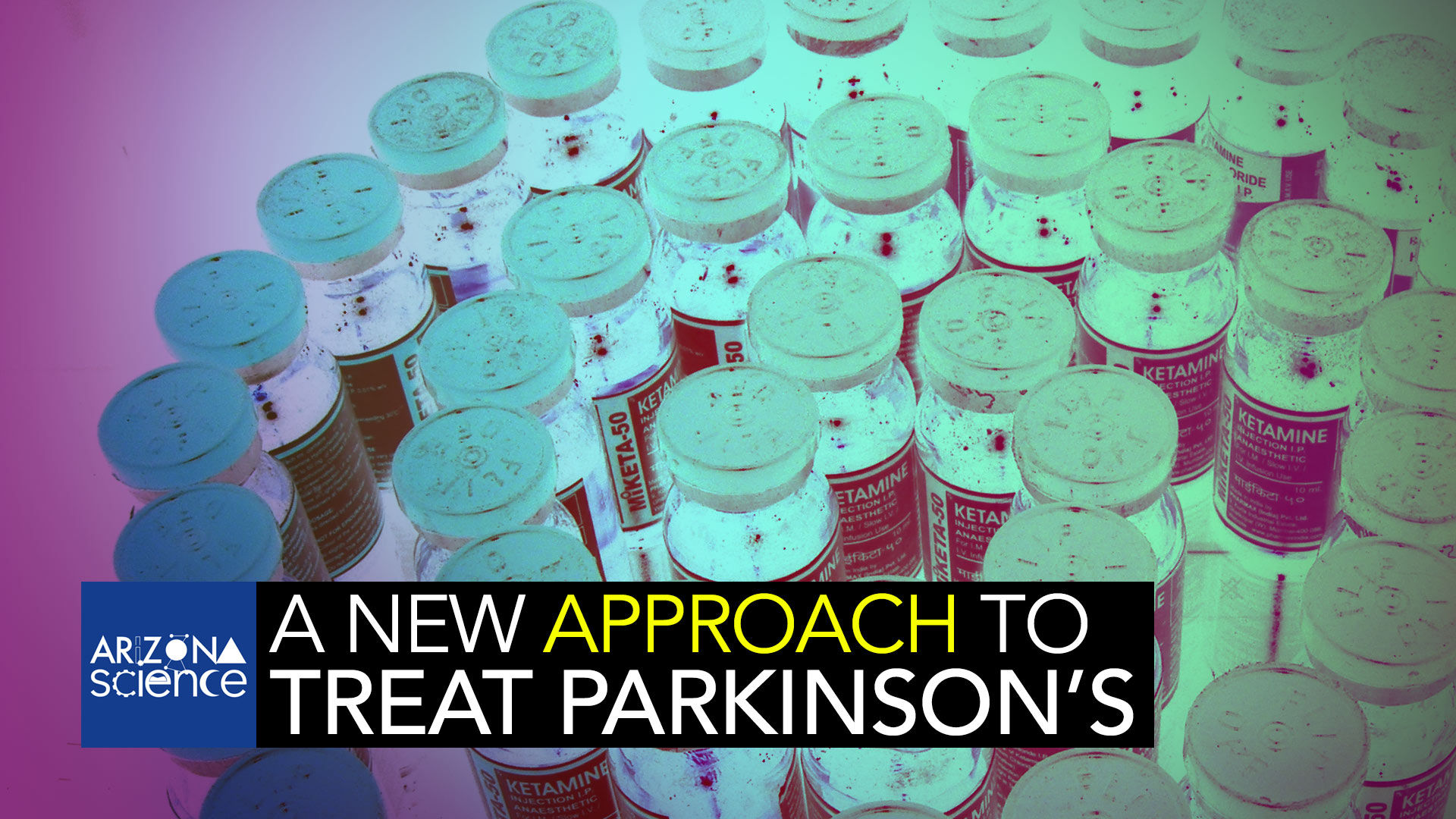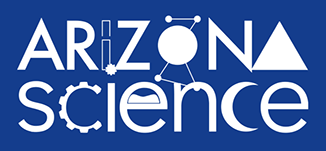 Torsten Falk, PhD is researching low dose ketamine for use in alleviating symptoms in Parkinson's patients.
Torsten Falk, PhD is researching low dose ketamine for use in alleviating symptoms in Parkinson's patients.
Parkinson’s disease is a devastating disorder with a variety of symptoms mostly related to the control of movement. The symptoms result from the death of certain nerve cells that use dopamine as their chemical signal; absent those cells, neural circuits controlling movement “misfire”. The gold standard treatment for Parkinson's is administration of the drug L-DOPA, which is converted into dopamine in the brain, and effectively replaces the lost dopamine, but this approach has limitations, leading to debilitating side effects after long-term use.
Torsten Falk is working on a complementary approach, based on the finding that a low dose of the anesthetic agent ketamine can beneficially alter the firing patterns of nerve cells and leads to a long-term reduction of these side effects of L-DOPA-treatment in an animal model of Parkinson's Disease. Together with his clinical colleague Scott Sherman, he hopes to soon start a Phase I clinical trial to test low dose ketamine for use in alleviating these symptoms in Parkinson's patients, and is especially excited to move quickly because ketamine has already been approved for use in humans for its anesthetic effects. The hope is that, at low doses, ketamine can be repurposed to improve the prognosis for people with Parkinson's Disease.
In this episode:
Torsten Falk, PhD, Associate Professor in Neurology and Pharmacology
Leslie P. Tolbert, Regents' Professor Emerita in Neuroscience, University of Arizona


By submitting your comments, you hereby give AZPM the right to post your comments and potentially use them in any other form of media operated by this institution.